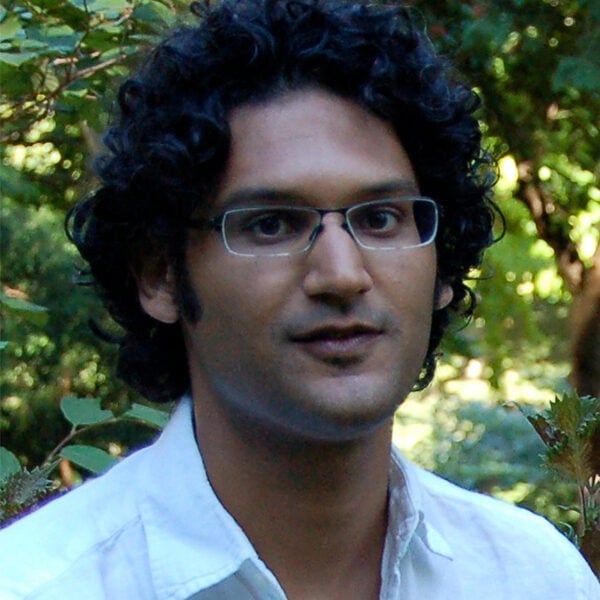Research Interests
Movement is our most fundamental means for acting on our desires. While performing tasks as varied as reaching for a cup of coffee to opening our mouth in conversation, our motor actions allow us to achieve our goals. In every situation the brain serves as the ultimate controller, integrating sensory information with our desired outcome in order to generate an appropriate behavior. I believe that understanding how motivational cues drive our motor actions is crucial for understanding neurobiological control. I have targeted this approach in my research using a unique interdisciplinary perspective that combines approaches from robotics with the fields of neuroscience and economics. My goals are to understand how the nervous system organizes the control of movement, and how resulting rewards — both internal and external — motivate our behaviors. Additionally, my current and future research will apply this knowledge to the design of economic incentive mechanisms for improving worker performance and the development of treatments that reduce neurological and psychological impairments.
Titles
- Associate Professor, Biomedical Engineering
- Research Scientist, Kennedy Krieger Institute
Affiliated Centers & Institutes
Education
- Postdoctoral Scholar, Biology and Biological Engineering, California Institute of Technology, 2008
- PhD, Biomedical Engineering, Northwestern University, 2007
- MS, Biomedical Engineering, Northwestern University, 2003
- BS, Bioengineering, University of Pittsburgh, 2001
Recent Highlights
-
July 23, 2021Vikram Chib, whose research at Johns Hopkins focuses on the brain processes behind motivation and incentive and how they relate to motor actions, discusses what to expect from participants in the Tokyo Olympics.
-
August 26, 2020Scientists at Johns Hopkins Medicine using MRI scans and computer modeling say they have further pinpointed areas of the human brain that regulate efforts to deal with fatigue.
-
April 20, 2018Often people think performing in front of others will make them mess up, but a new study led by a Johns Hopkins University neuroscientist found the opposite: being watched makes people do better.


